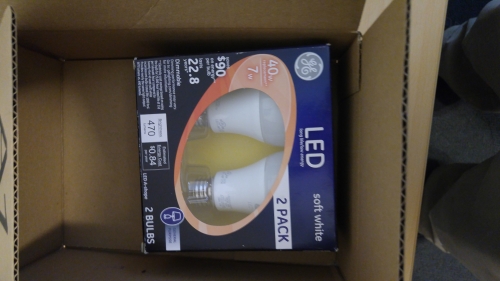File this under First World Problems, but it continues to amaze how fawning and deferential those who cover video games for a living are toward the industry they nominally cover rather than work for. Today’s exhibit is Thomas McDonald’s column in the August 2012 issue of Maximum PC (page 10 of the PDF archive of the issue) which is concerned with the horrors of gamers giving Diablo III one-star reviews because of its requirement that users always maintain an online connection in order to play.
McDonald writes,
I don’t think always-on DRM is such a hot idea, but it’s Blizzard’s game, and if they feel it’s necessary to protect the integrity of both the product and the forthcoming real-money auction house, and can get it to work, that’s their call. At this late date, no one is buying Diablo III without foreknowledge of the DRM issue, so you either suck it up knowing that’s the price of admission, or you just shut up about it and buy another game.
It is always endearing when people who already have a sizable platform to express their views and have those views heard by others turn around inform those who don’t that their only options are either to “suck it up . . . or just shut up about it”.
Or, you choose option three: Spam public review sites with hostile “reviews,” calling D3 a horrible, awful, hateful sack of pus that probably causes cancer and shingles and kills kittens for fun. And then give it a score of “0,” not because of any inherent problems with the design or content, but because you want to punish the publisher.
To McDonald, requiring an always online connection is not an inherent design problem and those who think it is should shut up about it already. Lets unpack that a bit.
At launch, that always online DRM prevented many people who had paid for the game from being able to actually play it. The always online requirement effectively takes the problems experienced by MMO launches and applies them to every game with this feature. Maybe that’s not an issue to McDonald, but for many people that is in and of itself an inherent problem with a game like Diablo 3.
Despite what McDonald seems to think, it is also not necessarily the case that every video game purchaser hangs on every word put out by the media or company press releases. Consider this Amazon review of Diablo 3 that focuses on the online DRM,
I pre-ordered this game very early on and thought to play while on deployment during my down time, then found out I had to have an active internet connection which is impossible out here. I promptly returned the game for refund (thanks Amazon) and have sworn off Blizzard for good, 10 years of waiting for nothing. I hope your greedy bottom line is worth losing a lot of long time fans of the game. Blizzard you’ll not get another damn dime of my money, ever!
Jesus, just suck it up and buy another game or shut up about it already!
McDonald has no time for the idea that this sort of thing is a legitimate consumer protest against companies as Blizzard,
I’m supposed to understand these outbursts as a form of consumer protest, but this kind of protest is not nuance thought. It’s reactionary.
. . .
It also totally compromises the tools that allow the public to evaluate products. It’s a way of weaponizing public review systems like Metacritic and Amazon, rendering them incapable of conveying useful information.
I’m surprised McDonald didn’t just come out and say that giving a game low rating simply because of its DRM is Communism.
Being able to give a game a low score solely because of its obnoxious DRM problems is a feature, not a bug, of online review systems. Diablo 3’s low score on Amazon and Metacritic is conveying extremely useful information to consumers, many of whom don’t understand the full implications of this sort of DRM.

 So I’m going through some paper piles in my home office when I come across a page I ripped out of Previews last year with a description of a book I eventually want to track down and read, Gotham City 14 Miles: Essays on Why the 1960s Batman TV Series Matters,
So I’m going through some paper piles in my home office when I come across a page I ripped out of Previews last year with a description of a book I eventually want to track down and read, Gotham City 14 Miles: Essays on Why the 1960s Batman TV Series Matters, So Amazon finally announced its long-rumored Kindle 2 which appears to be just like the original Kindle only 25 percent more of everything.
So Amazon finally announced its long-rumored Kindle 2 which appears to be just like the original Kindle only 25 percent more of everything.